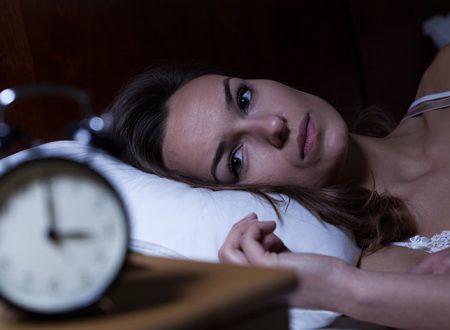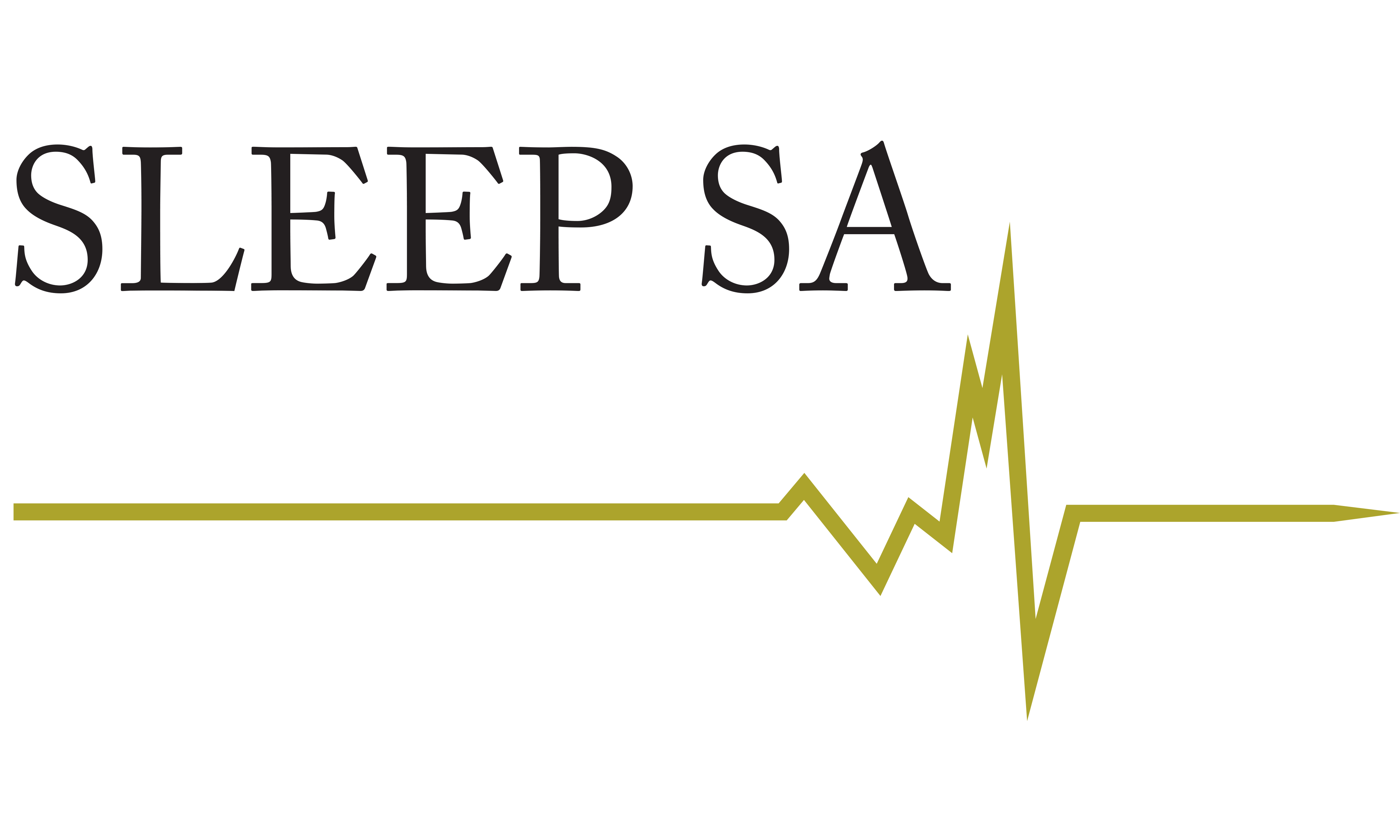What is insomnia?
Insomnia is the experience of inadequate or poor quality sleep, and may include:
- Difficulty falling asleep
- Waking up frequently during the night with difficulty returning to sleep
- Waking up too early in the morning
- Unrefreshing sleep
Insomnia may cause daytime sleepiness and impaired concentration, lethargy and irritability. Over one third of people experience insomnia from time to time, and approximately 5% require treatment for the condition.

Insomnia is classified into 2 categories
Who gets insomnia?
Short Term
Due to a temporary situation such as stress, jet lag etc, which lasts for a few days at a time for up to one month.
Long Term
Can be secondary to medical conditions and medications, which occurs most nights and lasts for longer than a month.
Although both men and women of all age groups experience insomnia, certain conditions seem to make individuals more likely to experience Insomnia.
These include:
- Advanced age (insomnia occurs more frequently in those over age 60)
- Being female
- Having a history of depression
- Suffering from stress
- Having Sleep/wake schedule problems (e.g. jet lag/shift work)
- Having certain medical and psychological conditions
Behaviours shown to perpetuate insomnia in some people
- Worrying about sleeping and expecting to have difficulty
- Irregular or continually disrupted sleep/wake schedules
- Excessive napping in the afternoon or evening
- Excessive amounts of caffeine
- Drinking alcohol before bedtime
- Smoking cigarettes before bedtime
Treatments for insomnia
Patients with Insomnia are evaluated with the help of medical history and sleep history. Sleep studies may be recommended if there is suspicion that the patient may have a primary sleep disorder such as sleep apnoea or narcolepsy.
Short term insomnia may not require treatment, since episodes only last a short time. A physician may sometimes recommend the use of short-acting sleeping pills, which may improve sleep and next day alertness short term.
Treatment for long term insomnia is more involved, and usually encompasses the following:
- Initially diagnosing and treating any underlying medical or psychological problems
- Identifying behaviours that may worsen insomnia and eliminating or reducing them
- Low dose and short duration prescription of sleeping pills, under the close supervision of a physician
- Relaxation therapy – Specific and effective techniques that can reduce or eliminate sleep anxiety and body tension, leading to a restful sleep
- Sleep Restriction – Some people with insomnia will spend too much time in bed unsuccessfully trying to sleep. Sleep restriction allows only a few hours of sleep during the night initially, gradually increasing hours of sleep until a more normal night’s sleep is achieved
- Reconditioning – This treatment reconditions insomnia sufferers to associate their bed and bedtime with sleep. They are advised to go to bed only when sleepy. If they are unable to fall asleep the person is told to get up and stay up until sleepy again. Naps should be avoided. They are also advised to eventually aim to go to sleep and wake up at the same time each day. This will condition the sufferer to associate their bed and bedtime with sleep
Good sleep practices to manage Sleep Disorders, including insomnia
- Avoiding cigarettes, tea, coffee and other caffeinated drinks before bed
- Avoiding strenuous exercise before bed
- Creating a sleep-promoting environment. Your bedroom should be dark, quiet, cool and comfortable
- Before bed do something to relax, such as a warm bath or meditation
- Only go to bed if you feel sleepy and don’t nap during the day
- Try not to read or watch TV in bed
- Get up at the same time each morning, regardless of how much sleep you have had
- If you can’t sleep, get up, go to another room and do something else until you feel sleepy again
If you believe that you have a sleep disorder such as Insomnia, make an appointment to see your General Practitioner, who may refer you to Sleep SA for a sleep study.
